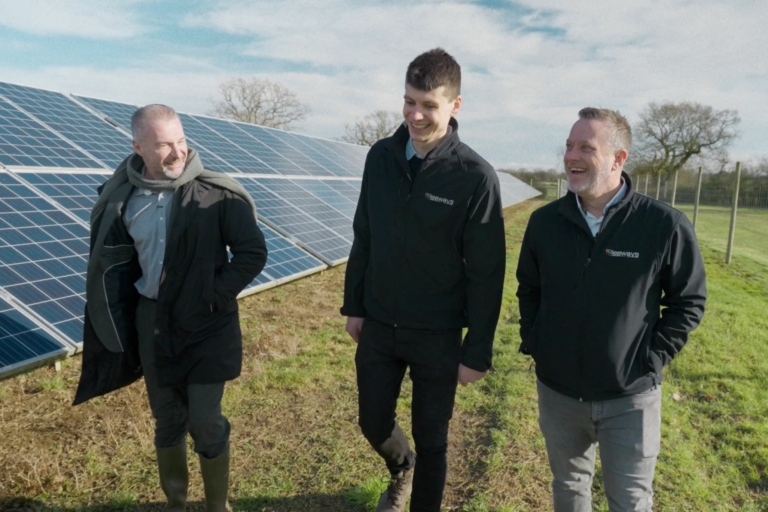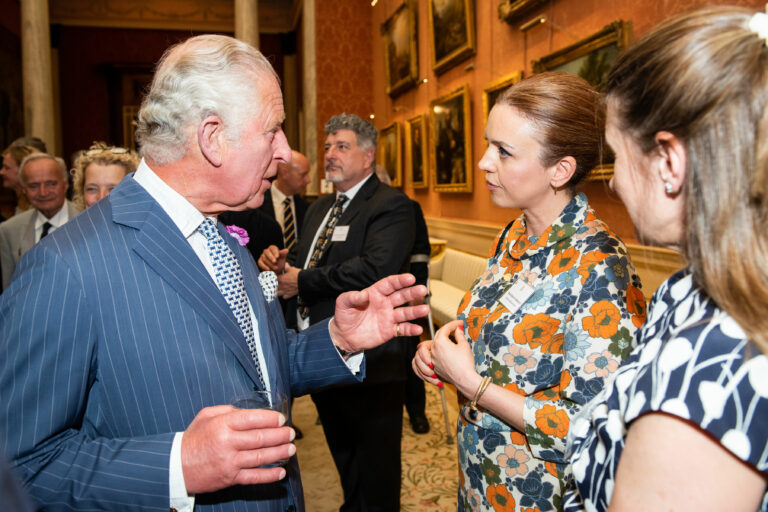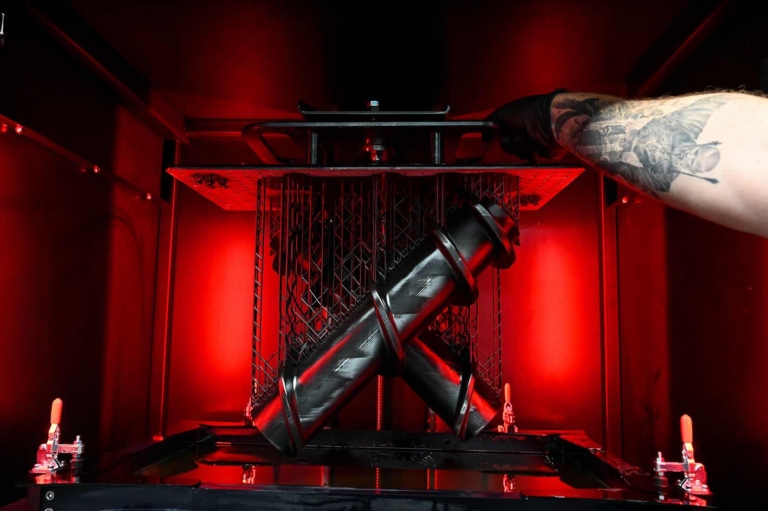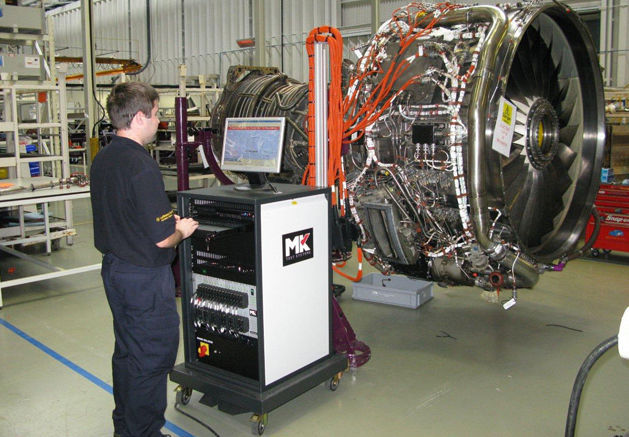Estonian trade mission delivers results for Gloucestershire’s £1bn Golden Valley cyber ambitions
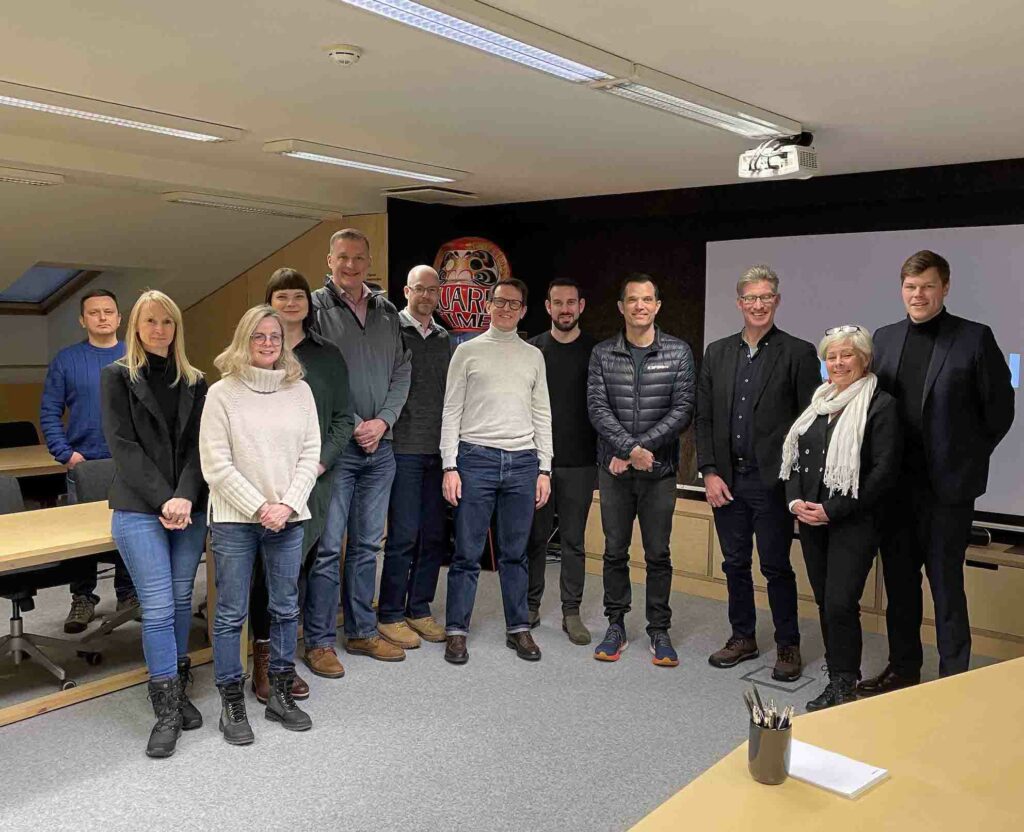
Gloucestershire’s £1 billion Golden Valley cyber development is now attracting international attention.
Building on the increasingly vocal support of government, the CBI and the wider national cyber and digital community, the project is now commanding the attention of the large digital community in Estonia following a successful trade mission to the Baltic State organised by John Workman, Senior Partner and Sarah Kenshall, Head of Technology at Cheltenham-based BPE Solicitors. John is also Estonian Honorary Consul for the West of England.
Delegates from across Cheltenham took part in the Estonia trade mission just before Christmas. They met with some of Europe’s most successful cyber companies, including Cybernetica, the company which successfully developed Estonia's remarkable and world-leading digital IT infrastructure which includes e-voting and tax systems. The trade mission delegates also met Guardtime, which has developed blockchain protocols and applications used by global businesses.
Also on the UK trade mission was Jeremy Bamburg, representing HBD Factory X, the company delivering Cheltenham’s cyber tech campus which will sit at the heart of the county’s £1 billion development.
The trade mission, organised to encourage collaboration between Estonia and Gloucestershire, provided unique access to senior government officials and international representatives based at NATO’s Cooperative Cyber Defence Council, based in Tallinn.
For BPE, the trip represented a valuable opportunity to showcase its work supporting delivery of digital infrastructure and the visit has already reaped rewards for one participating UK cyber company, which has been invited to set up a satellite operation in the country. On top of that, new dialogues have been opened between other UK delegates on the trip and the Estonian government.
Estonian Honorary Consul for the West of England, John Workman, explained the background.
“We first got involved in Estonia in the immediate aftermath of “re-independence” in 1990. One of our former colleagues, John Beevor met a number of the new leadership of Estonia on a Rotary mission to Tallinn - resulting in some high-profile work for the Estonia Defence and Foreign Ministries.
“Our exploits included concluding the contract for the sale of four Royal Navy mine hunters to the Estonian Navy. We also assisted in the preparation of the tender for a new air defence missile system – thankfully they were never tested.
“I first went to Estonia with John in May 1997 and immediately fell in love with the country and its people. I have seen Estonia change massively over 25 years, driven by the energy, optimism and skills of its population to be a true Baltic Tiger and centre of excellence in technology.
“John was appointed as an Honorary Counsel in the first wave of diplomatic expansion by the new republic; when he retired in 2013, I was delighted to be invited to succeed him. It has been one of the greatest honours of my career. I am proud to represent the business, arts and energies of the Estonian people.”
Sarah Kenshall, Head of Technology, BPE, said: “The visit to Estonia delivered some incredible insights (thank you, Guardtime) and some very useful Estonian contacts, but the standout for us was the company, all of those who managed to get out to Tallin come hell or high water. We look forward to working with this team to continue promoting Cheltenham’s cyber opportunities and deepening its links with Estonia.”
The low down on Estonia
One of three strategically located Baltic States, Estonia has become one of the fastest-growing, most digitally enabled economies in Europe, if not the world.
Imagine a country where you get every bit of State help you’re entitled too without having to ask for it – in fact you have to actively turn down financial and other support (such as a place at nursery without having to hunt for one, family allowance or the cost of care).
In this same country, it only takes three minutes to complete your annual tax return and you don’t have to employ an accountant (in fact, more than 650 accountants have lost their jobs in the last few years - but no tears please, they’ve all been offered retraining).
Estonia’s individual tax rate is the most competitive in Europe – AND a business doesn’t have to pay tax until it pays its directors a dividend – so it can reinvest more money back into the business.
The country’s government considers that having internet access is a social right, and everything can be done online (except marriage and divorce, but that’s coming).
In Estonia, there are also more unicorn companies per capita than anywhere else in the world and the funding for cyber security to keep its citizens safe has been tripled this year.
This Baltic State, which sits between Finland and Russia is larger than Denmark, has only 1.3 million inhabitants, and more than 50 per cent of its land is covered in forest.
So what’s the downside? Well, it’s uncomfortably close to a rather unpleasant neighbour, but as a member of the European Union and NATO since 2004 (it joined both organisations in the same year, just three years after regaining its independence from Russia in 2001), Estonia has now got a lot more countries willing to go into bat for it if political temperatures heat up.
And as it’s got a small population, Estonian companies are aware they must look outward for growth.
Since re-independence in 1991, led by a young, outward-looking government, it has become one of the fastest-growing, least corrupt economies in Europe, if not the world.
In 1991, as Russia began to withdraw physically and economically from the country, Estonia was faced with having to build its economy from the ground up.
It had to establish an entirely new state support system for its citizens, from healthcare to a new tax system to pay for it.
With hardly any historic systems to build on, its young politicians could do what few other countries were capable of doing: harness new technologies to create a digital state capable of supporting its population.
They started from the ground up, rolling out broadband, computers and digital access to all schools, a project it called Tiger Leap.
Once this programme had been established, politicians began building a digital tax system enabling citizens and companies to declare their taxes digitally. Now, 98 per cent of people feel confident to do this online as the country’s systems are both simple and transparent.
Its legal, health and other systems followed, and the Estonian government now claims that five days and two per cent of GDP are gained every year thanks to its introduction of digital signatures alone.
Central to its digital strategy is its requirement for every citizen to have an electronic identity, and every Estonian carries an identity card. While citizens in some other countries worry about such a system infringing their human rights, Estonians believe that this is their country protecting them.
But with all personal information held digitally, isn’t there a risk that an individual’s identity can be stolen?
The Estonian government has thought of that as well. Little information about individuals is held centrally, rather it’s held in different places linked by X-road - Estonia’s digital highway build on the blockchain principal which allows data to be transferred from one data system to another leaving a digital trail along the way.
Delegates from left to right Lisa Allen from The ODI, Sarah Kenshall, BPE, Marrja Pehk from Enterprise Estonia, David Woodfine and James Griffiths from Cyber Security Associates, Richard Yorke from CyNam, Jeremy Bamberg from HBDX Factory, Mike Gault, Guardtime, Phil Clement of GFirst LEP, Nicky Godding, Editor Business & Innovation Magazine and Sten-Erik Mägus, Head of Ecosystem Development at Guardtime








